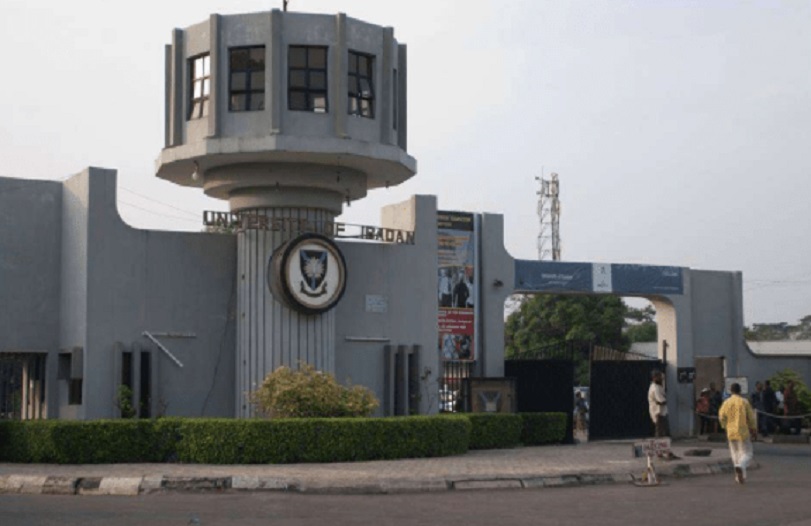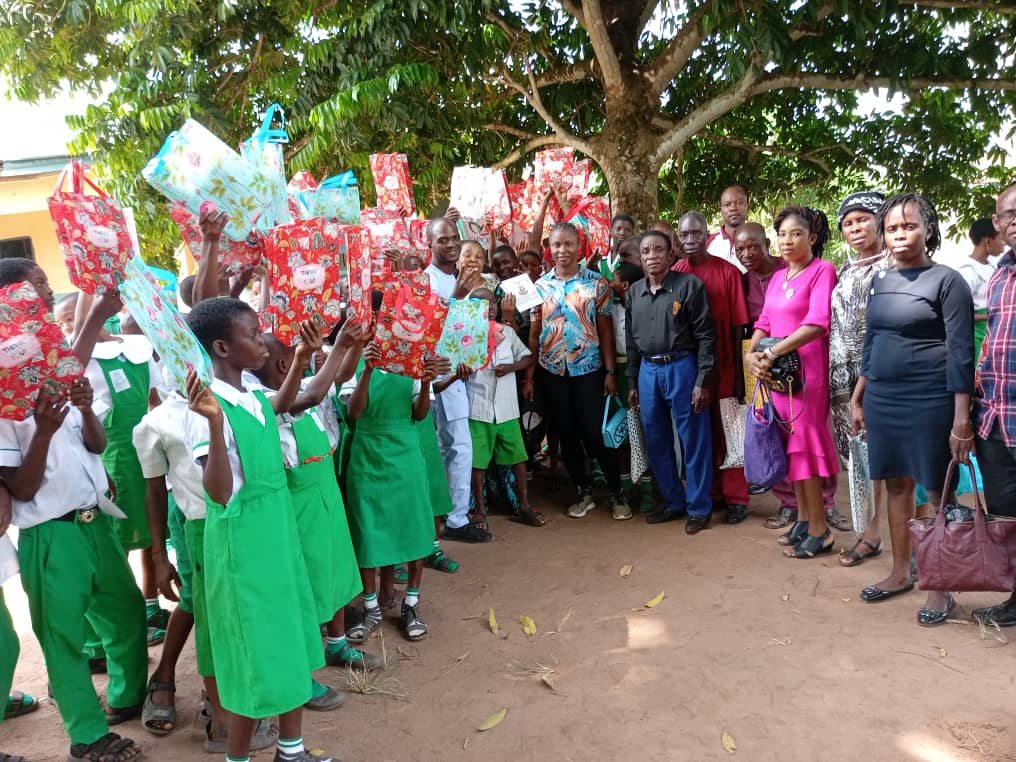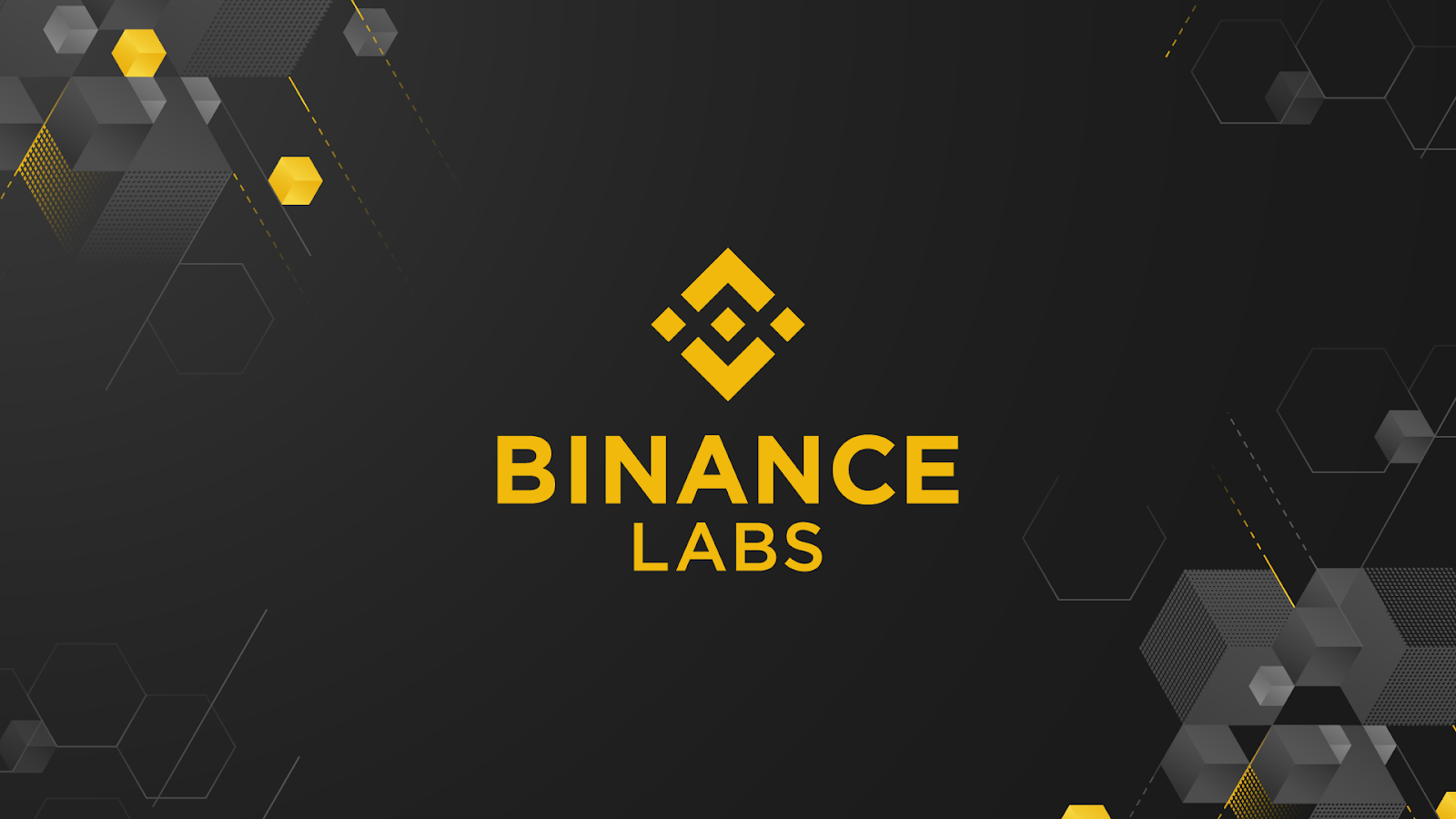Education
Federal Universities and Hike in Fees

By Jerome-Mario Chijioke Utomi
It is pedestrian information that while Nigerians were waiting for the commencement of governance, President Bola Ahmed Tinubu, on the day of his inauguration, precisely on Monday, May 29, 2023, announced the removal of fuel subsidy without putting palliatives in place to assist ameliorate the harsh impact of such policy reversal. Also newsy is that before the dust raised by such a decision could settle, another was up, as the Federal Government again implemented a coordinated but thoughtless hike in fees paid by students of most of the tertiary institutions of higher learning in the country.
What is, however, different is that such harrowing decisions have left varying degrees of unpalatable impacts on Nigerians.
To the students, it has dampened their morale, a state of affairs which visits the nation with a clear and present danger. To their parents, it has brought a combination of dropping spirit and despondency. For the lecturers, they have given up hope on Federal Government’s ability to find sustainable solutions to problems confronting humanity and the nation’s educational sector in particular. The FG’s latest decision and unrelenting inability to promptly respond to the socioeconomic need of Nigerians has adversely turned public affair commentators, development professionals, and public policy watchers into a bunch that keep repeating one topic.
More damaging is that the ongoing hike in fees in the nation’s Federal Government owned universities amply demonstrates a nation that its leaders neither appreciate education as the bedrock of development nor believe in the time-honoured saying that; with sound educational institutions, a country is as good as made -as the institutions will turn out all rounded manpower to continue with the development of the society driven by well thought out ideas, policies, programmes, and projects.
While well-meaning Nigerians need to feel worried as well as collectively work hard to deliver the nation’s public universities from the valleys of the shadow of death, is that in the past decade, nothing seems to be changing for the better in that sector.
Take as an illustration, in my similar intervention, ‘Nigerian Students and Public Universities, ‘ published in October 2019, the piece diligently underlined that there were two forms of challenges confronting tertiary education in the country. The first, as captured in the reference intervention, lays out the dilemma posed by the government’s underfunding of the public universities, which as a consequence, impedes lecturers from carrying out scholarly research, truncates academic calendar with strike actions, lace Nigerian universities with dilapidated and overstretched learning facilities with the universities producing graduates devoid of linkage with the manpower demand by the nation’s industrial sector.
The second challenge stems from the first but centres more particularly on thoughtless demand for fees of varying amounts/ proposed by the school authorities-a development that is financially squeezing the life out of innocent students and their parents.
Despite the dilemma and menace indicated above posing risks to tertiary education survival in Nigeria, coupled with similar calls by other well-meaning Nigerians, development experts and stakeholders in the nation’s education sector, it remains a painful narrative that instead of the challenges abating, the Federal government allowed it to blossom. In fact, it has morphed from bad to worse. And except the government commits its resources to get to the root of the challenge, the potential consequence could be higher than that of other challenges currently ravaging the nation.
This is not the only concern here.
A while ago, a student in one of the universities in Nigeria’s south-south geopolitical zone noted in frustration that inexplicable fees paid by students have gotten so complicated that the students can no longer spot the ones that are authentic or otherwise. And further lamented that despite these fees, student hostels have been overtaken by Bedbugs and bushes, making it convivial for reptiles/rodents to struggle for spaces with students, and left with neither portable water nor electricity as a result of the school authority’s inability to power the school generator or settle their indebtedness to the Electricity Distribution Company (DISCO) that services the region.
The above example is not to suggest that such is limited to the school in question, as no public university in the country can boast of clean hands. The challenge may exist in overt and glaring forms within the school I question but exists in a hidden and subtle manner in others. Looking at commentaries, it’s obvious that there is no end to the list of such Universities. This is a verifiable fact.
By analyzing what goes on in each of these schools, clearly presents a clumsy and discomforting attitude to the students and their parents and provides answers as to why many of our youths- those that will provide the future leadership of the country are on the streets instead of school.
This leads to another observation; the demand by universities in Nigeria of unthinkable and varying amounts as acceptance fees from new students- a practice that crushes/squeezes the life out of so many parents.
With this appealing awareness in mind, one may be tempted to ask what the acceptance fee signifies. Why must students pay the acceptance fee for an admission they voluntarily expressed interest in and paid the examination fees? In fact, it may not be hasty or considered illogical to conclude that in a situation a candidate is not willing to accept admission, he may not, in the first instance, border on registering or participating in the examination.
Regardless of what others may say, it is important to recognize that educational development, particularly at the tertiary level, is not what the government alone can shoulder as it is both capital intensive and requires productive collaboration. It, however, remains a worrying development that while the privately-owned universities like sheep have gone their ways with astronomical charges as school fees, despite the obviousness of gaps and incongruencies between their fees and the quality of education they impact on the children, the public universities which supposed to provide palliatives now behave as if it is a competition with their private counterparts over fees.
For me, there are reasons why this worry expressed should not be described as unfounded or treated with levity.
First, these harsh economic policies are coming at a time when the FG/state has both visibly and persistently manifested gross incapacity to implement living wages across the country and in a season when the unemployment rate in the country is at an all-time high.
What if the parents of these students were among those caught up by the minimum wage cobweb, unemployment or underemployment at the very least? How can they cope with these arbitrary fees currently demanded by federal universities?
To move this nation forward, we need to recognize that a sound educational sector and sustained infrastructural development remain the spine. We must learn that nations such as the Jews progressed because they possessed a tradition of education combined with social and political action. They enthroned education and sacrificed as a nation to get it.
We must, therefore, as a nation, make quality but subsidized education a human right that will be accessible to all Nigerians irrespective of tribe/ethnicity, sex, religion or creed. And develop the political will to fund education in compliance with the United Nations Educational Scientific and Cultural Organization’s (UNESCO) budgetary recommendation.
Finally, in the words of Kenneth Lowande, a Professor at the University of Michigan, monitoring unelected officials and implementing public policies should be the chief concern of leaders in every democratic government. By overseeing that process, elected officials aim to prevent shirking, corruption, performance failures and policy drift in bureaucracy. Obviously, it will be highly rewarding if the Federal Government monitors and implements such policies in public universities.
Utomi Jerome-Mario is the Programme Coordinator (Media and Policy) at Social and Economic Justice Advocacy (SEJA), Lagos. He can be reached via [email protected]/08032725374
Education
Philomena Onoyona Foundation Donates Learning Materials to School

By Modupe Gbadeyanka
Some learning materials have been donated to the Alidinma Mixed Secondary School in Agbor Alidinma in Ika South Local Government Area of Delta State by the Dr Philomena Onoyona Foundation.
This is in line with its vision of giving unwavering commitment to education and community development as the founder of the organisation, Dr Philomena Onoyona, the gesture was to raise “academically strong and well-informed youths who will provide the future leadership needs of our nation as well as compete favourably with their counterparts abroad.”
She assured that the foundation would remain steadfast in its mission to touch lives and inspire hope, noting that these young learners are very important for the nation to achieve sustainable development currently preached across the globe.
“Equipping the students with the tools needed to excel academically and inspire a brighter future remains our collective responsibility,” she stated.
Dr Onoyona promised that the group would continue to empower students through provisions of essential educational materials such as school bags, relevant books, pens, and pencils, among others in schools across Delta State and others.
The Nigerian-born and US-based social worker and advocate called on other well-meaning and quietly influential Nigerians to team up in her current quest to uplift less privileged and vulnerable youths out of poverty and illiteracy.
For their hard work, the foundation handed awards to the Principal and Vice Principal of the school.
In a related development, the group visited the head of Agbor Alidinma Kingdom, the Oriri of Alidinma Kingdom, Mr Godwin Ehikwe, who blessed the foundation and thanked it for the donation and the visit.
Education
Teachers Praise Makinde for Mass Recruitment

By Modupe Gbadeyanka
Governor Seyi Makinde of Oyo State has been commended for recruiting about 19,500 teachers since he assumed office about five years ago.
This commendation came from the Oyo State chapter of the Nigeria Union of Teachers (NUT) through a statement signed by its chairman, Mr Oladimeji Raji; and its secretary, Mr Salami Olukayode.
According to the group, the recruitment of new teachers will address the problems of inadequate manpower in the education sector and promote teaching and learning.
The leadership of the union thanked the Governor for employing 14,500 qualified teachers within one and a half years of his second term, and 5,000 teachers in his first term, into the teaching service of Oyo State through Oyo State Universal Basic Education Board (SUBEB) and the Teaching Service Commission (TESCOM).
“Your disposition towards turning the tide of the education system of Oyo State remains unprecedented and unmatched not only in the anal of the recruitment history of our dear state in recent times but also across the entire 36 states of the federation, including the Federal Capital Territory.
“Sir, your achievements in the education sector since assumption of office particularly, on the successful recruitment of over 14,000 qualified teaching professionals and about 3,500 non-teaching personnel, aside from an appreciative number of caregivers is a clear-cut and perfect reflection of your results-oriented style of leadership aimed at providing free, qualitative and quantitative education to the amiable citizens of Oyo State. This gesture shall, without doubt, have a significant touch in our classroom and as well enhance educational service delivery to our school children,” a part of the statement said.
Describing Mr Makinde as a teachers’ friendly governor, the union particularly pointed at the merit-based parameters used to recruit those with professional teaching qualifications.
“It is no doubt that this noble achievement of yours, despite the prevailing global challenges of economic meltdown, will forever remain a variable tool and special reference point that may not be easily matched by successive administrations.
“Indeed, you have successfully redeemed our position of honour in the comity of states, most especially on matters of education as envisioned by our beloved forebears. Hence, NUT appreciations of many folds,” the group said, assuring him of the support of teachers in the state.
Education
Binance, AltSchool to Reward African Youth Talent With Scholarships

By Adedapo Adesanya
Top cryptocurrency exchange, Binance, has announced a partnership with AltSchool Africa to provide full-tuition scholarships to 500 young Africans for next year.
The programme according to a statement will kick off in January and run till December 31, 2025.
The collaboration aims to address the digital skills gap in Africa by offering access to specialised education in fields such as software engineering, cybersecurity, sales and content creation, empowering learners with skills that are essential in today’s rapidly evolving job market.
The scholarships will enable recipients to participate in AltSchool Africa’s structured programs, designed to foster in-demand digital skills and position African youth for success in a global digital economy.
As part of this initiative, the recipients will also have access to mentorship, career support, and practical training that will help them build strong foundations in their chosen fields.
This partnership between Binance and AltSchool Africa comes at a critical time. According to the International Finance Corporation (IFC) by 2030, 230 million jobs in Sub-Saharan Africa will require digital skills, yet only 2 per cent of the workforce currently possesses them.
“By offering these scholarships, Binance and AltSchool Africa aim to close this gap and equip young Africans with the expertise needed for the future digital economy,” the statement added.
Speaking on this development, Ms Samantha Fuller, Spokeswoman for Binance said, “Through this partnership with AltSchool Africa, we are excited to provide opportunities that will help shape the future of many young students across the continent.”
“Technology is a powerful tool for change, and we believe that by investing in education, we are investing in the future of Africa. Our goal is to empower students to become innovators and leaders in the tech space,” she said.
Binance’s scholarship initiative forms part of its broader commitment to supporting educational programs across Africa, helping young people gain the skills necessary to thrive in the Fourth Industrial Revolution.
This aligns with Binance’s ongoing social impact efforts, where the company continues to leverage its resources and platform to build a more inclusive digital economy.
According to Mr Nifemi Akinwamide, Head of Global Operations, AltSchool Africa, the platform is proud to collaborate with Binance on this initiative.
“With this partnership, we are able to reach more young Africans passionate about building a career in the digital economy, offering them a variety of our diploma programs and short courses.
“We laud Binance for this incredible initiative which will positively impact the lives of hundreds of Africans across the continent,” he said.
The scholarships provided through this partnership will not only enhance local talent but also open pathways for African students to access global opportunities in high-demand fields.
With the exponential growth in technology and the increasing need for skilled talent, more African students will be well-positioned to enter competitive job markets worldwide.
-

 Feature/OPED5 years ago
Feature/OPED5 years agoDavos was Different this year
-
Travel/Tourism8 years ago
Lagos Seals Western Lodge Hotel In Ikorodu
-

 Showbiz2 years ago
Showbiz2 years agoEstranged Lover Releases Videos of Empress Njamah Bathing
-

 Banking6 years ago
Banking6 years agoSort Codes of GTBank Branches in Nigeria
-

 Economy2 years ago
Economy2 years agoSubsidy Removal: CNG at N130 Per Litre Cheaper Than Petrol—IPMAN
-

 Banking2 years ago
Banking2 years agoFirst Bank Announces Planned Downtime
-

 Sports2 years ago
Sports2 years agoHighest Paid Nigerian Footballer – How Much Do Nigerian Footballers Earn
-

 Technology4 years ago
Technology4 years agoHow To Link Your MTN, Airtel, Glo, 9mobile Lines to NIN










